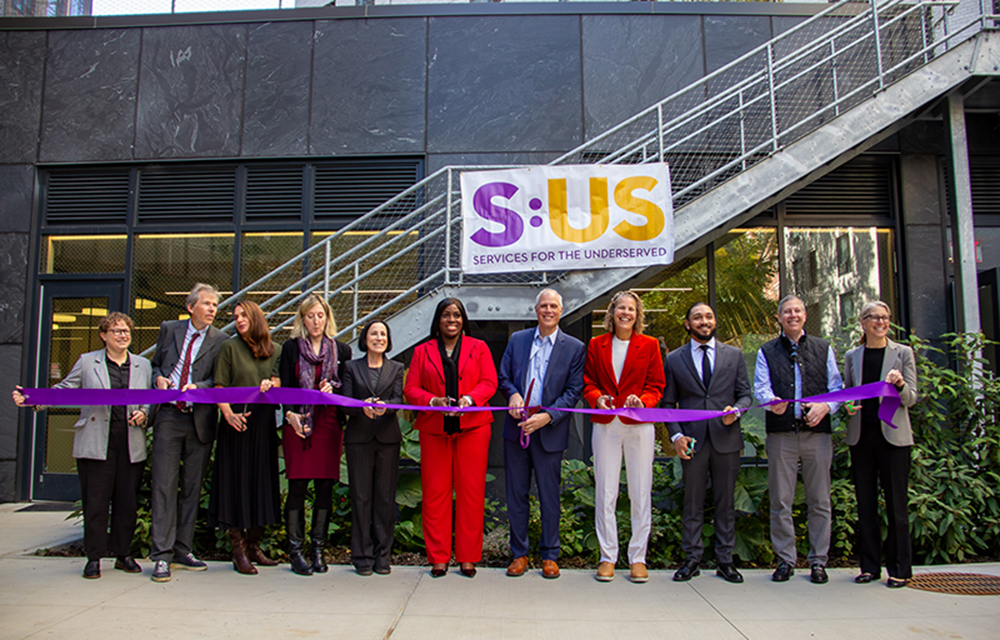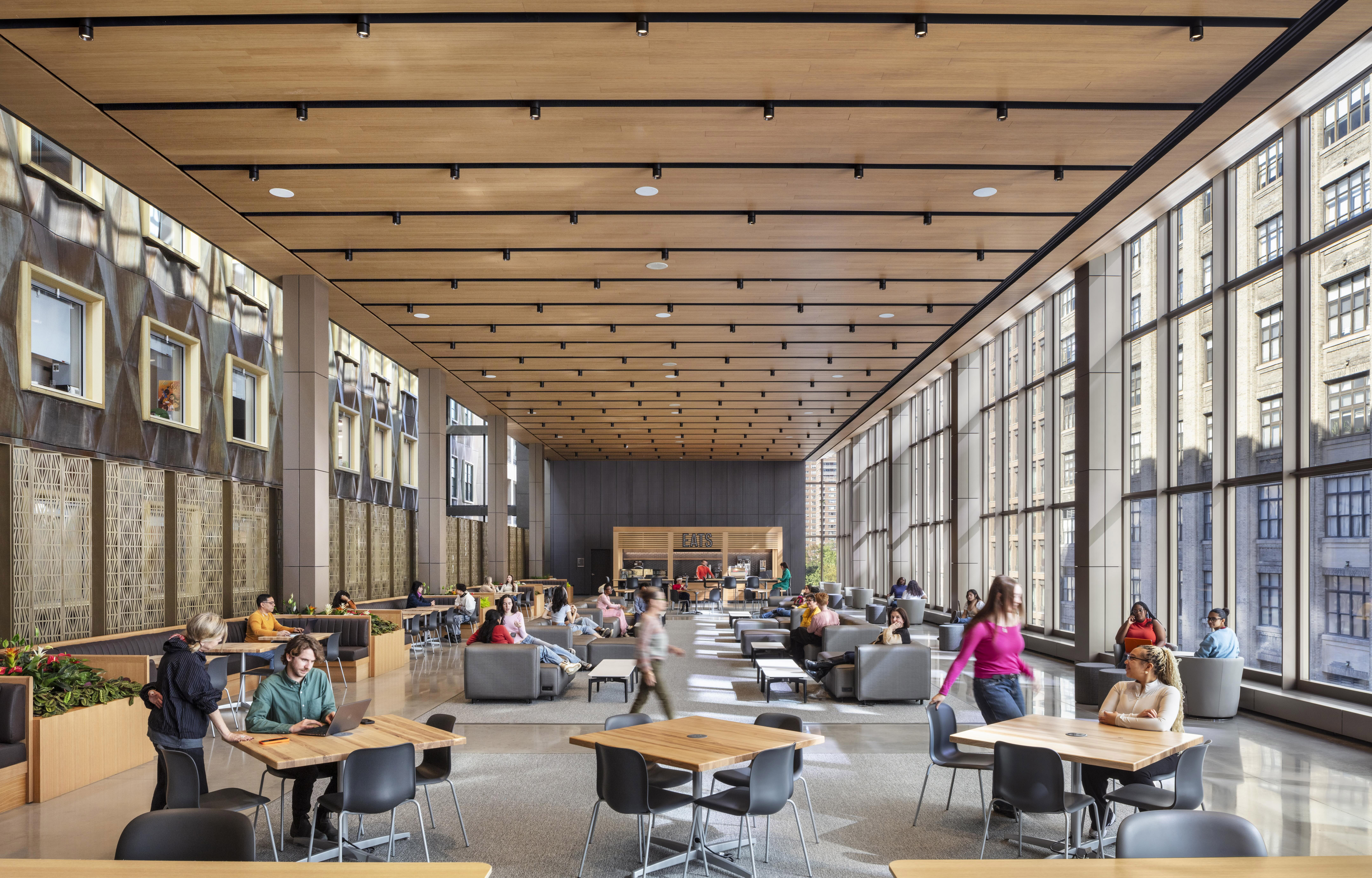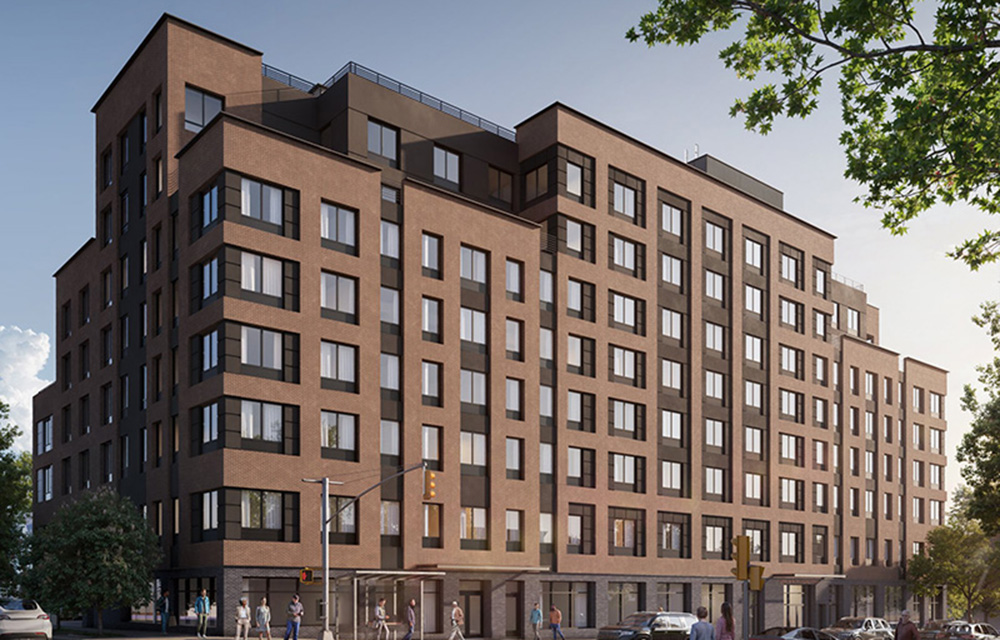News:
Construction Design & Engineering
Posted: October 7, 2013
Commercial property management technology keeps moving forward: A resounding success
The past several years have seen the emergence of technology innovations that have revolutionized how business is conducted. Automation and integration of information have become integral to sustaining a thriving, successful enterprise. Real estate firms and their clients have pursued technological innovation as global competition increases, portfolios expand in size and complexity, and demands from investors and regulators for operational transparency grow.
From a strategic perspective, one of the most impressive technological advances of the past few years is mobility, whose impact is felt—largely for the better—in virtually every aspect of commercial property management. For example, many asset managers, leasing agents and executives involved in real estate are discovering that a fully mobile solution that combines the contact and prospect management elements of a customer relationship management (CRM) system with portfolio health analytics and business intelligence offers opportunities for shortening leasing life cycles and driving revenue enhancement. Such a system makes all pertinent information readily available—lease and lead tracking records, rent rolls, financial reports, property management data, contacts, correspondence—to brokers, leasing agents, or managers needing to approve one or more aspects of a deal, wherever they might be. This mobile accessibility adds an added dimension of convenience, providing a complete view of activity by providing direct access to both property management key performance indicators and CRM data on an iPad, iPhone or other mobile device. Asset managers and brokers can pull up property management data anywhere, along with leads, deals and leases, quickly and seamlessly, without being bound to their offices.
At the operational level, mobility is bringing new convenience and efficiency to several functions. For example, instead of relying on a desktop computer in the office, maintenance workers in the field can create, update and close work orders from a mobile device, with results automatically updated in the property management system. Similarly, new mobile applications devised for purchase order processing provide flexibility to managers to conduct their business efficiently. Managers have the capability to securely view, approve, and forward purchase orders and invoices electronically using their handheld devices, which adds convenience while virtually eliminating paper from the process.
I believe it's clear that integrating mobile technology into a strategic business plan pays big dividends. So what's the downside? There's no escape! Being away from the office, in transit or even on vacation no longer prohibits working. As one client told us, only half-jokingly, about a new mobile application, "It allows me to work even more. Now I can go to bed with it."
But on the whole, the mobile technology revolution in commercial property management has been a resounding success. Mobile technology best practices allow organizations to focus on the market-facing business components, such as tenant responsiveness, occupancy and brand building, which impact their customer base and grow revenues.
Robert Teel is senior vice president, commercial and investment management at Yardi Systems, Santa Barbara, Calif.
MORE FROM Construction Design & Engineering
Troutbrook expands with boutique condo project and Marriott Fairfield Inn & Suites renovation
Brooklyn, NY For more than 25 years, Troutbrook/Freud Development has remained focused on executing design-driven projects across the city. Its latest ventures reflect both a continued push into boutique residential development and an expansion








.gif)
.jpg)
.gif)
.gif)